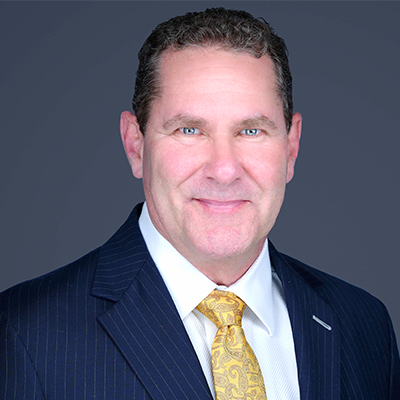
Synergy’s blog brings you the settlement services industry’s foremost thought leadership InSights on matters of healthcare lien resolution, Medicare Secondary Payer compliance, government benefit preservation, settlement consulting and attorney fee deferral. Visit often to discover helpful InSights on important areas of settlement-related compliance issues or subscribe to our Synergy InSights here.
Like most retirement plans, attorney fee deferral programs have benefits and risks associated with implementation.
Discover the complexities of healthcare billing and the obligations of hospitals and providers in our latest article, "Navigating Healthcare Billing: Do Hospitals and Providers Have to Bill Insurance, Including Medicare and Medicaid?" Unravel the intricacies of billing practices, including third party liability cases, Medicare, and Medicaid requirements. Gain insights into patient rights and proactive strategies for navigating the billing process.
Don't miss out on the latest episode of Trial Lawyer View! Join Jason Lazarus as he sits down with Joe Mechlinski from SHIFT.
Personal injury lawsuits seek to secure compensation for individuals who have suffered harm due to the negligence of others.
Join Jason Lazarus in a very special 30-minute episode of Trial Lawyer View! Craig Goldenfarb from GOLDLAW shares invaluable law firm business tips.
Effectively minimizing or eliminating the reimbursement of any claimed medical lien is a critical part of ensuring just compensation for the injured.
Synergy's Cutting Edge Industry Thought Leadership InSights
READY TO SCHEDULE A CONSULTATION?
The Synergy Settlements team will work diligently to ensure your case gets the attention it deserves. Contact one of our legal experts and get a professional review of your case today.
Synergy Insight
Stay up-to-date with the settlement services industry’s foremost thought leadership by subscribing to our blog.









